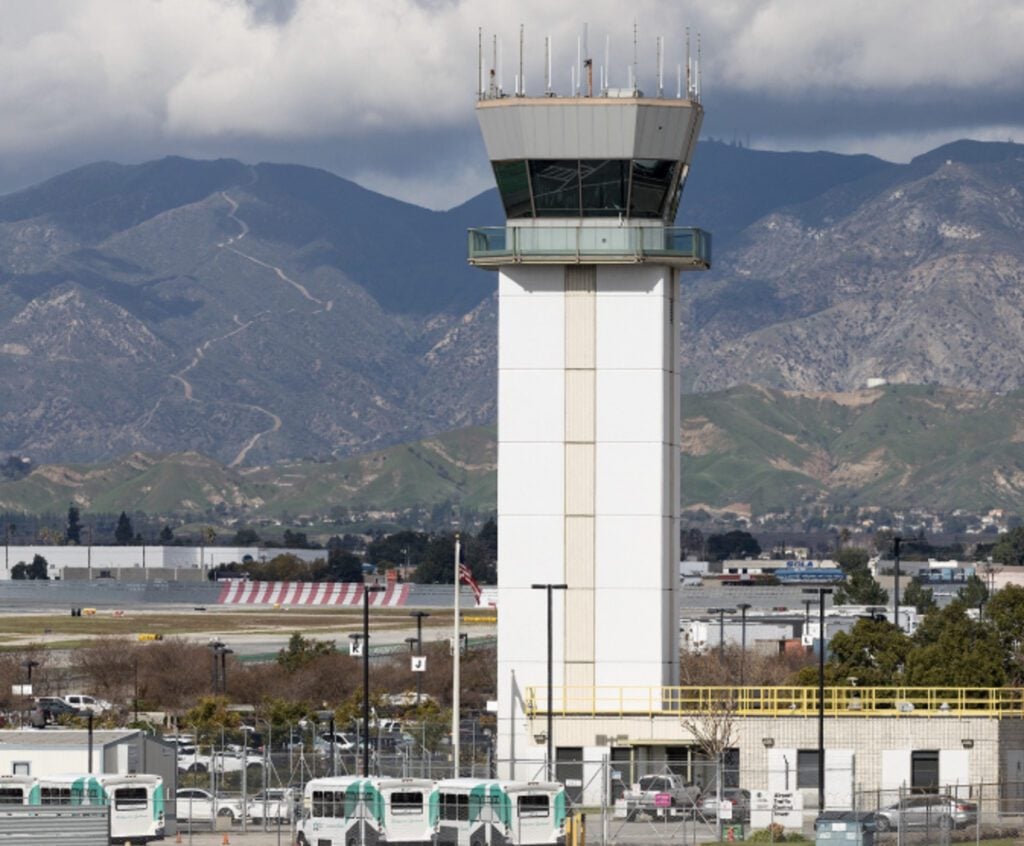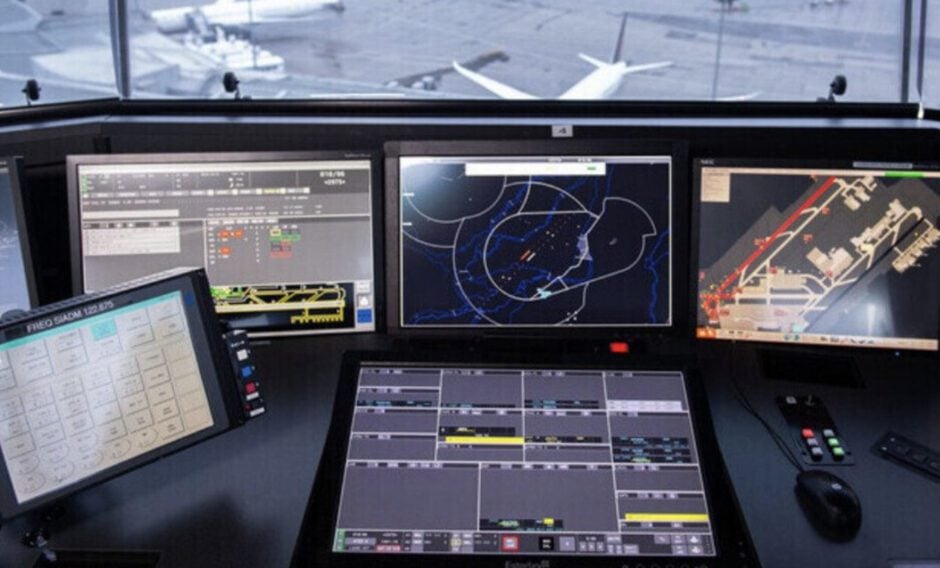
The government shutdown in the United States is creating havoc among the federal workforce, with additional stress being placed on air traffic controllers. That additional stress, and working with deferred payment, has resulted in additional “sick calls” from employees, including essential personnel for the Air Traffic Control system.
Problems have emerged in Los Angeles area, where the Burbank Control Tower shut down completely and relied on pilots contacting the air traffic control center by phone for clearances. With no ground controllers for a busy airport, there is added danger of collisions on the ground as aircraft movement cannot be seen by controllers. Delays are occurring in multiple centers across the US.
Common Sense Isn’t Common
There is a simple solution for this. All that is required is for Congress to pass a bill that covers an appropriation for personnel considered essential, which includes Air Traffic Control, law enforcement, federal medical personnel, and the military to avoid this painful and shameful situation that periodically occurs. While essential employees have always received back pay, this shouldn’t be a problem. Of course, politicians prefer drama and controversy to common sense, and this is unlikely to happen.
Let’s hope that we don’t have another mid-air collision, as occurred near Washington National last February, or an accident between airplanes on the ground during the government shutdown. The fatal mid-air in Washington occurred while that facility was understaffed, with the normal controller for military helicopter flights absent. The situation remains even more dangerous during the shutdown.
Problem Areas Need to be Fixed with Additional Staffing
The air traffic control system has been failing in a number of cities, including Washington National understaffing and the Newark approach facility in New Jersey, which has suffered from both understaffing and equipment outages that required moving some responsibilities to nearby centers well before the shutdown. With under-staffing, those problems are exacerbated and result in additional aircraft delays.
The Burbank shutdown resulted in 2 hour delays for most flights, as the tower was closed for 6 hours, requiring a remote clearance option. Facilities in Denver, Phoenix and Newark were also understaffed, resulting in further delays. 12 air traffic control facilities reported staffing issues last night and this afternoon Chicago O’Hare and other airports reported delays due to understaffing.

Staffing Isn’t Easy
Air Traffic Control is specialized and requires extensive training, and is a very stressful position. The current staffing shortfall is at crisis levels, with 283 of the 313 facilities operating below recommended levels in January. With 91% of the facilities reporting understaffing, we have a problem. Unfortunately, that problem isn’t easy to solve.
Training a new aircraft controller takes between 16 months to several years. Staffing at high activity facilities in the Northeast Corridor require controllers with several years of experience to handle the high traffic volumes. Compounding the problem, about 1/3rd of all candidates fail to complete the course, which is rigorous, so we need to train three controllers to net two.
For airports like Newark, which require experienced controllers, full staffing with new controllers could be 5 years away as we don’t have experienced personnel with the right expertise for high-density operations available.
Between the long gestation program, high drop-out rate, and high cost, training a new Air Traffic Controller is a difficult process. While the average pay at $145,000 per year is attractive, the job is stressful, requiring full attention while on duty.
The Bottom Line
A strategic investment in Air Traffic Control and in training new controllers is needed. But we don’t have enough trainers, or enough funding to make a serious impact to the problem. With the government shutdown, that has become even more difficult. The safe action to take is to delay flights, which is happening to ensure we don’t risk mid-air collisions.
Politicians from both parties need to come together to come up with a common sense solution to the problem. But with a polarized environment, that isn’t likely. I’m just hoping my scheduled flights will be somewhat on time later this month.
Views: 219
About The Author
Take AirInsight for a Test Flight
7 days full access — premium analysis and the complete data model library — for $1. No commitment.
Start My Test Flight →
